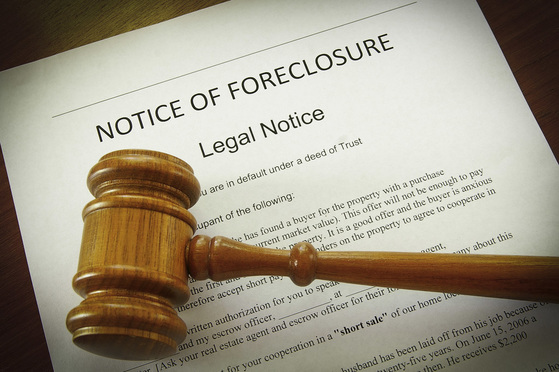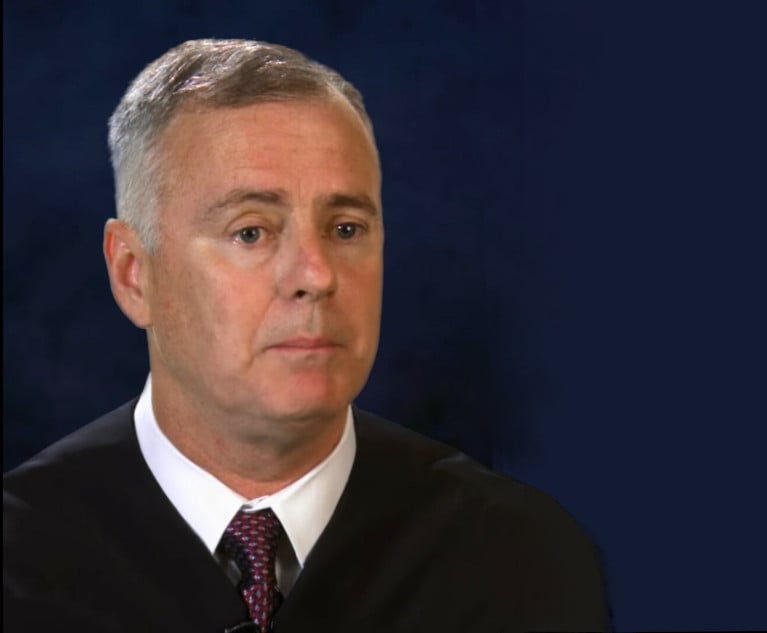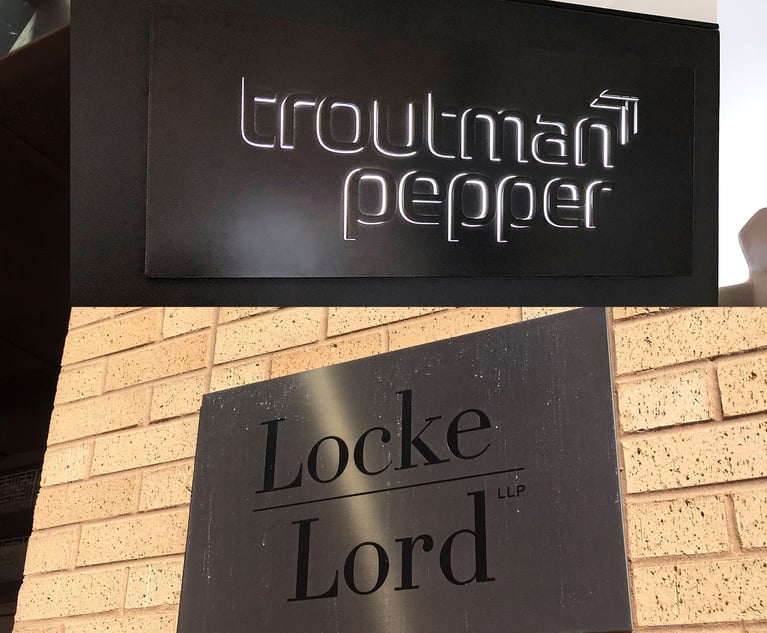In Texas, the pandemic has certainly created some new issues for attorneys tasked with nonjudicial foreclosure sales of commercial properties. What were once perfunctory functions (such as, for example, filing and posting the notice of foreclosure, “crying” the sale, and, in the case of this article, the recording of a substitute trustee’s deed) have suddenly become challenging.
This article is a reminder that prompt recording of the substitute trustee’s deed following a non-judicial sale is not only a best practice but also that there are strong legal reasons from a bankruptcy law perspective for doing so.







